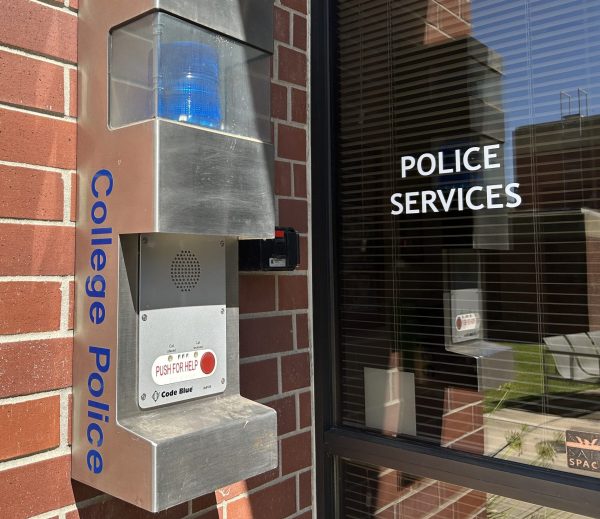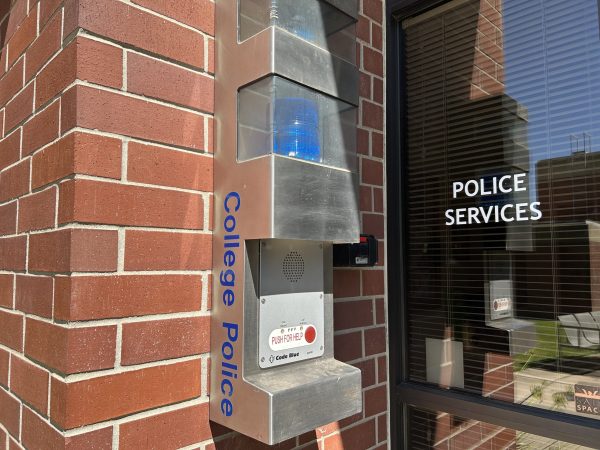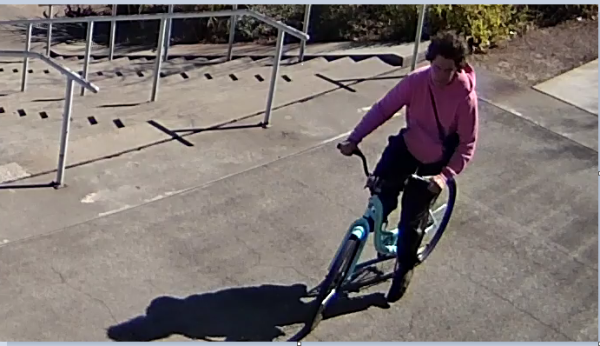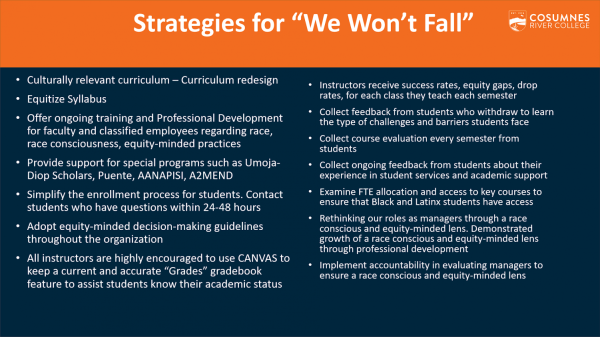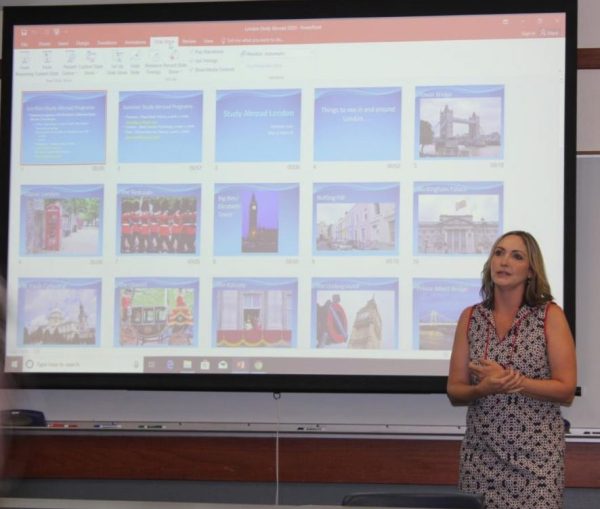New financial aid changes require classes to align with academic major
Registration for Spring 2017 classes began on Monday for students at Cosumnes River College. But a new change to financial aid requirements can reduce the amount of aid students receive.
Students applying for financial aid will no longer receive financial aid for classes outside of their program of study.
Brendan James, a 20 year-old business major, said this would disadvantage students who want to explore multiple career paths and topics of study.
Students might also change their original majors after taking other classes, James said.
“I am a business major, but I am taking a journalism class and it is a lot of fun and I’m interested in it,” James said. “So I’m debating if I should change or not.”
Dean of Student Services and Enrollment Management Chad Funk is in the process of overseeing the system that makes sure students at CRC are taking the right classes.
“It looks class by class and determines if courses that students are taking are directly applicable to their program of study,” Funk said. “If they are directly applicable to the program of study, then they will be eligible for financial aid.”
If students are going to be receiving financial aid and they register for a class that is not in their program of study, they will receive a notification in their eServices account.
“If a student does have a FAFSA on file with us and they are scheduled to receive some type of financial aid from us, there will be a message sent to them through the message center in eServices,” said Funk. “It will tell them this particular course does not meet the requirement for that program or study.”
Funk said students will begin receiving these messages beginning Monday after they register for spring classes. Funk said that the system had a lot of validation checks when they sampled it with information from the CRC Fall 2016 data.
There were 4,109 students at CRC who received the Pell Grant from the 2015 to 2016 school year. There were 15,217 students at CRC who received the Board of Governors (BOG fee waiver) from the state of California last school year, according to the California Community Colleges Chancellor’s Office.
For Fall 2016, Funk said approximately 950 students out of the 4000 students received financial aid.
One of the biggest changes for financial aid recipients is the time that students can start applying.
Students use to be able to start applying for the Free Application for Federal Student Aid (FAFSA) at the beginning of January annually, but now that date changed to Oct. 1.
“It allows for people to understand what is the most competitive aid package they would receive a little earlier,” said Funk. “The deadline for colleges for students to have their application in is by March 2, in order to qualify for many programs and get priority access to federal work study and Cal Grants.”
Funk said he advises students to sit down with a counselor and get a student education plan to make sure they are taking the right classes.
Funk and his staff found that students were receiving financial aid without having a student education plan.
“I encourage students to follow the steps to success program if they haven’t done it yet,” Funk said. “You would go through the online orientation, taking the assessment test and then go in and see a counselor to create their Individual Student Education Plan.”
Business administration major Evan Bautista, 20, said the ISEP helped him determine what classes he needs to take to achieve his academic goal.
“The student education plan was beneficial for me,” said Bautista. “It made it easy to decide what classes to sign up for every semester and what was the best route for me take to get me where I want to go.”

